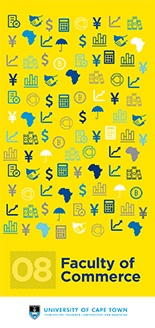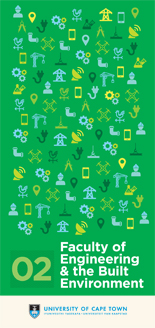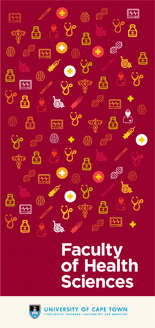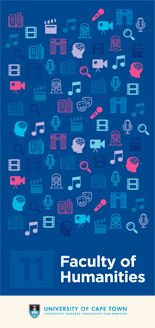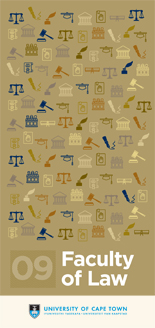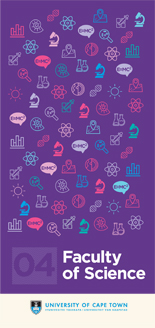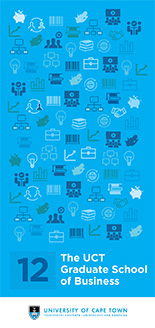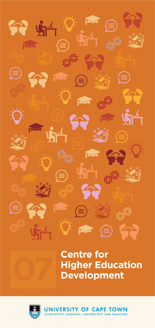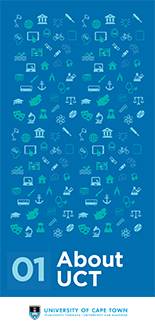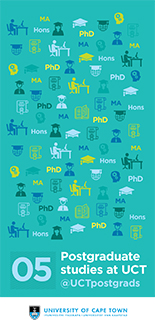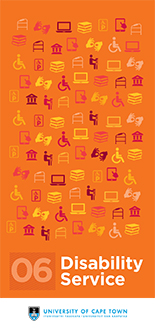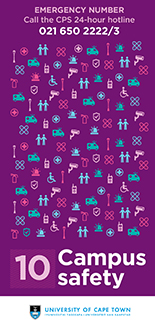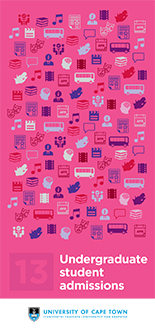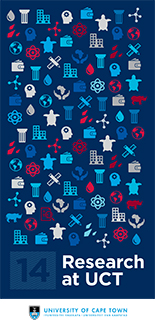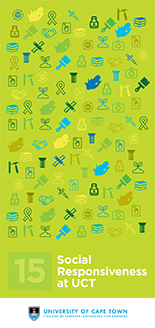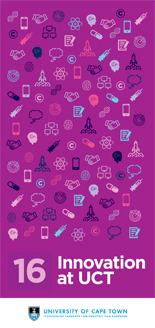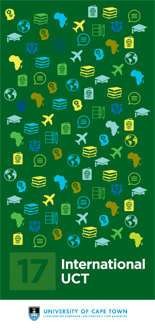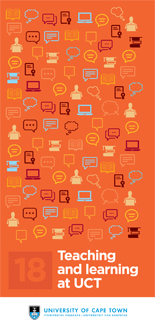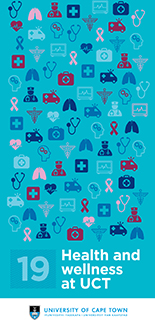The chairman of the National Peace Council, (NPC) Rev. Prof. Emmanuel Asante, has launched a report on the 2016 Elections on campus.
The study titled “Preventing Electoral Violence in Selected Hotspots during the 2016 Elections: Strategies Employed by the National Peace Council” is an initiative of the Peace and Development Research Cluster of the Institute for Development Studies (IDS) with funding from NPC and United Nations Development Programme (UNDP). The report was authored by Prof. Stephen B. Kendie and Dr. Patrick Osei-Kufuor with contributions from Dr. Rasak Yaha Imoro, Mr. Ahmed B. Yahaya and Dr. Shaibu Bukari.
Presenting findings of the Research Report, Dr. Patrick Osei-Kufuor pointed out that, the 2016 elections were comparatively free and fair than the 2012 and other previous elections. “The 2016 elections were generally described as free and fair, without the violence that characterized previous elections,” he noted. Dr. Osei-Kufuor said the NPC, Police and the Electoral Commission (EC), prior to the 2016 elections, identified hotspots across the country as potential violent areas and put in place strategies to curb any unforeseen electoral violence in those areas.
On the role the NPC played prior to the elections, Dr. Osei-Kufuor said there were several discussions on issues of conflict, peace and national development. “NPC created several opportunities during the 2016 election cycle. Among these was the training of the NPC staff throughout the country on mediation strategies to prepare them adequately to manage electoral disputes, dialogue sessions (workshops) for traditional and religious leaders as well as the press, radio discussions, establishment of National Elections Early Warning and Response Group (NEEWARG), Regional Elections Early Warning and the Response Group (REEWARG) and educational campaign”. He said.
Dr. Osei-Kufuor said training of NPC staff on mediation strategies helped them to handle electoral disputes which largely contributed to the peaceful nature of the 2016 elections. Other factors Dr. Osei-Kufuor mentioned were the engagement with the press, youth groups, traditional and religious leaders, political parties and security agencies.
Making recommendations, Dr. Osei-Kufuor called for the institutionalization of interparty dialogue at the regional and constituency level since the dialogue process was found useful in some of the engagements. He also recommended the presence of NPC at the local level adding that “Respondent appear not to be generally aware the NPC at the local level”.
Dr. Osei-Kufuor urged NPC to collaborate with traditional leaders at all levels but not limit their engagements to only paramount chiefs. He further called on the NCCE to acknowledge NPC in their activities, noting that “many respondents acknowledged the role of the NCCE in peace education, although many of the messages were actually prepared by NPC”.
Dr. Osei-Kufuor said there was the need to intensify peace education in schools and communities before and after election years. By linking up with CSOs and the Information Service Department, it should be possible for NPC to be seen engaging in peace education all year round.
In his remarks, Rev. Prof. Asante said NPC collaborated with a number of stakeholders to ensure that the elections were peaceful and an improvement over the previous ones. He said all these measures were aimed at minimizing the level of violence that characterized elections in the country. He indicated that, NPC collaborated with Civil Society Organizations like the Institute for Democratic Governance (IDEG) and Institute of Economic Affairs (IEA) to engage in sensitization and advocacy activities before, during and after the elections.
Rev. Prof. Asante assured that, his outfit would continue to carry out its mandate of prevention, managing and resolving conflict as well as building sustainable peace. He expressed gratitude to UCC, IDS, authors and contributors of the Research Report for producing quality work, which according to him would provide useful lessons for Ghanaians and the neighbouring countries.
The Minister for National Security, Mr. Albert Kan Dapaah, in his submission said, electoral violence constituted a major national issue that needed to be tackled head on. “Act of violence leads to needless loss of lives and properties” he stressed. He said the hotspots identified in the report were still being monitored even after the elections.
Mr. Dapaah referred to the 2015 global peace report which indicates “As conflict is decreasing at the global level, some countries are still recording increasing cases of conflict”.
Mr. Dapaah congratulated the NPC for partnering UNDP to sponsor the writing of the report. He also thanked UCC and for that matter IDS for coming out with the publication. “We need to make good use of our universities especially the expertise of our academics”, he recommended. He noted that “if you don’t help us to develop good policies, we will develop bad ones for you”.
On his part, the Deputy Minister for the Interior, Mr. Henry Quartey, said Ghana continued to enjoy relative peace in Africa. Though, Ghana was spared from civil war, the 2016 elections was a test of Ghana’s democracy, he noted.
Mr. Quartey lauded the partnership between NPC and UCC and described it as important in creating public awareness of election hotspots to sustain peace in the country.


